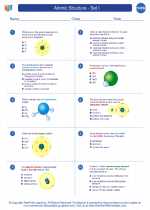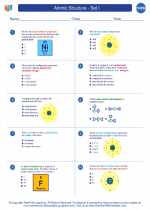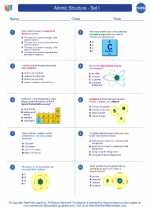Immune Response
An immune response is the body's defense mechanism against foreign substances, such as pathogens (e.g., bacteria, viruses) and non-infectious agents (e.g., toxins, allergens). It involves a complex interplay of cells, tissues, and molecules that work together to identify and eliminate these foreign invaders while also maintaining tolerance to the body's own cells and tissues.
Types of Immune Responses
- Innate Immune Response: This is the body's immediate, non-specific defense against pathogens. It includes physical barriers (e.g., skin), as well as cells such as macrophages and neutrophils that engulf and destroy pathogens.
- Adaptive Immune Response: This is a more specific and targeted response that develops over time. It involves the activation of T and B lymphocytes, which produce antibodies and memory cells to recognize and respond to specific pathogens.
Components of the Immune System
The immune system is composed of various cells, tissues, and molecules, including:
- T cells: These are a type of white blood cell that play a central role in orchestrating the immune response.
- B cells: These are white blood cells that produce antibodies to neutralize pathogens.
- Antibodies: These are proteins produced by B cells that specifically bind to and neutralize pathogens.
- Antigen-presenting cells (e.g., dendritic cells, macrophages): These cells capture and present antigens to T cells to initiate the adaptive immune response.
- Cytokines: These are signaling molecules that regulate the immune response.
Immune Response Process
The immune response typically involves the following steps:
- Recognition: Immune cells recognize and respond to specific antigens present on the surface of pathogens.
- Activation: Antigen-presenting cells activate T cells, which in turn activate B cells to produce antibodies.
- Effector phase: Effector cells (e.g., cytotoxic T cells, macrophages) target and eliminate the pathogens.
- Memory phase: Memory T and B cells are generated to provide long-lasting immunity against future encounters with the same pathogen.
Regulation of Immune Response
The immune response is tightly regulated to prevent excessive inflammation and autoimmunity. Regulatory T cells and cytokines play key roles in maintaining immune balance.
Study Guide
To understand the immune response, it's important to study the following key concepts:
- Cell types involved in the immune response (e.g., T cells, B cells, macrophages)
- Mechanisms of antigen recognition and presentation
- Antibody structure and function
- Cytokine signaling and immune regulation
- Role of memory cells in long-term immunity
Additionally, it's helpful to explore specific examples of immune responses to pathogens, as well as disorders of the immune system (e.g., autoimmune diseases, immunodeficiencies).
.◂Chemistry Worksheets and Study Guides High School. Atomic Structure - Set I

 Worksheet/Answer key
Worksheet/Answer key
 Worksheet/Answer key
Worksheet/Answer key
